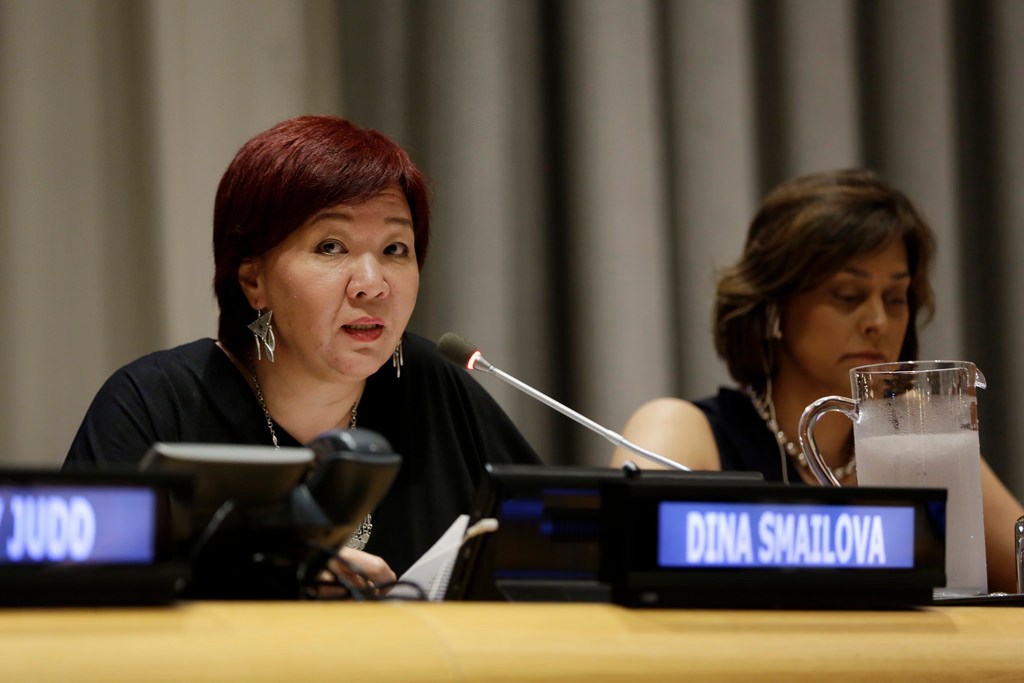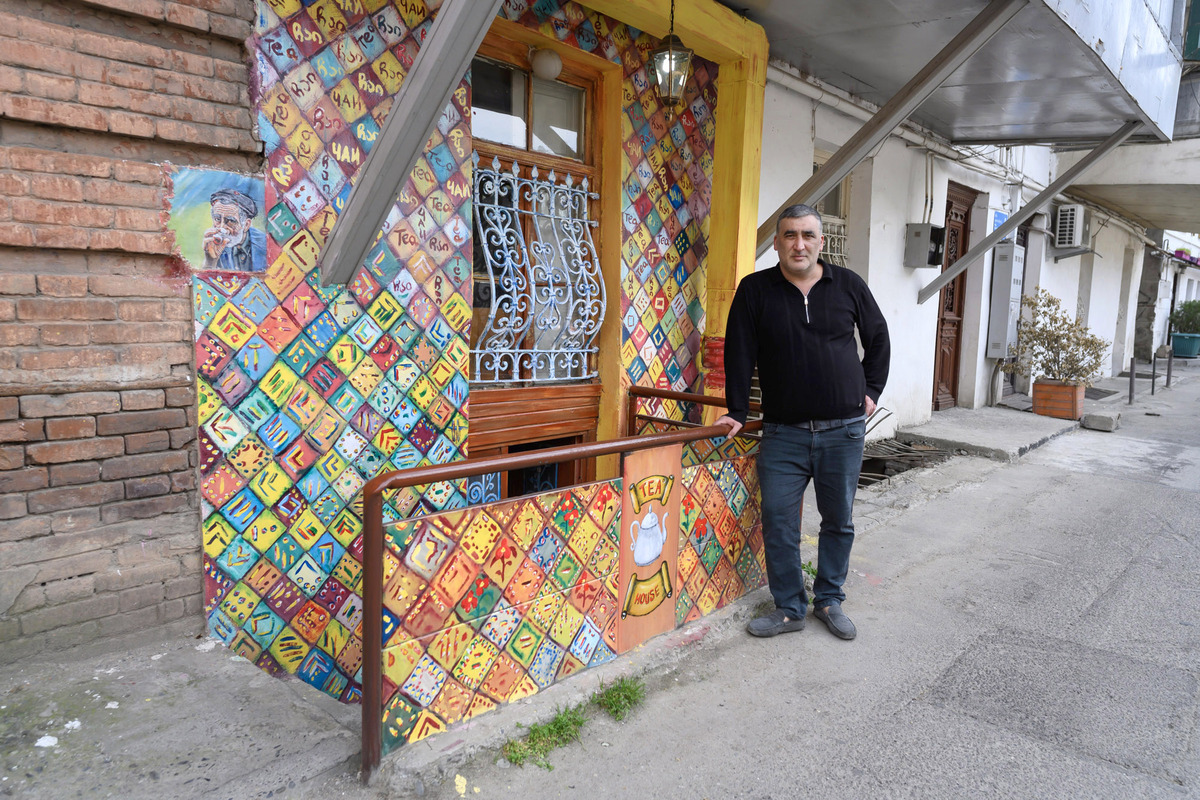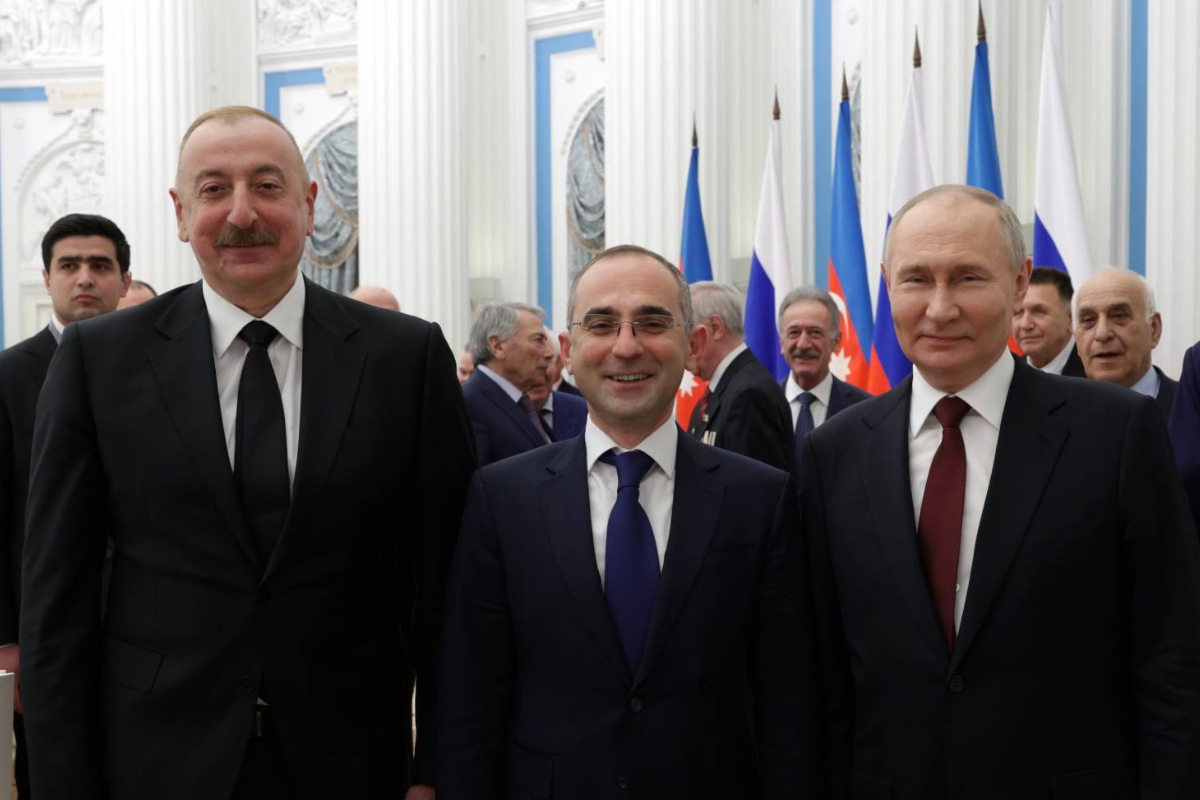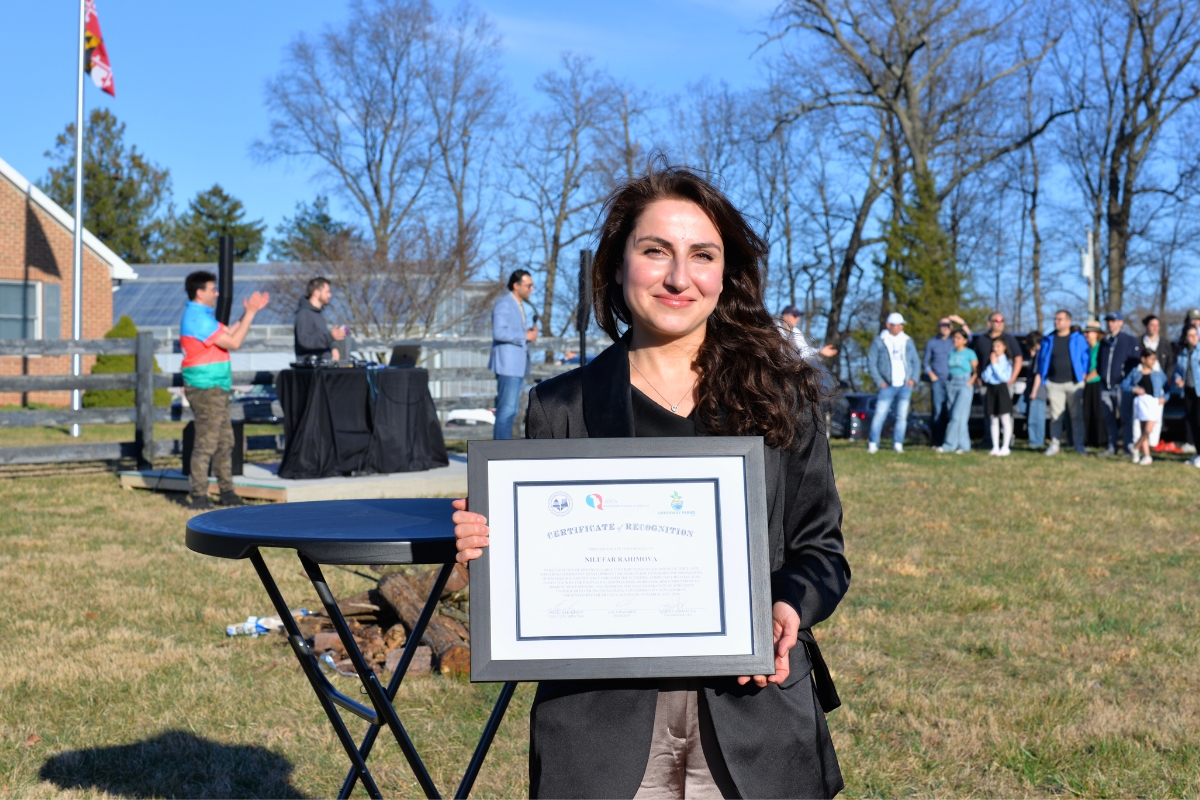- Home
- Dina Smailova’s Help to Sexual Violence Survivors is More Than Just Activism
26 June 2023
Dina Smailova’s Help to Sexual Violence Survivors is More Than Just Activism
Dina Smailova is an activist and founder of Ne Molchi Kazakhstan, a foundation helping victims of sexual violence and domestic abuse, who is not afraid to confront the government, NGOs, and the system. We discussed why she had to relocate to Tbilisi, Georgia, and why she can’t return to Kazakhstan.

Image: courtesy photo
“I am not afraid of scary movies,” a banner at the Women’s March in Almaty stated, “I read #NeMolchi.” Ne Molchi (Russian: Don’t Stay Silent) is a foundation founded by Dina Smailova, a former children’s producer and now human rights activist, whose mission is to protect women and children from abuse. Ne Molchi’s Instagram page shows cruelty, violence, unlawfulness, and injustice, and Smailova is like a lighthouse, providing beacons of hope to those victims who were wronged and left to deal with their traumas on their own.
The desire to help victims stems from her own trauma. At 20, Smailova was raped by a group of her former classmates. That day Smailova went to the wedding of another former classmate, where four friends allegedly spiked her with vodka. She remembers them constantly saying, “Where is her bottle?” as they poured her more. The next thing Smailova remembers is standing in front of her mother’s door the next morning with nothing but a coat on and the rapists running away, cackling.
“I couldn’t remember who did it. I just knew that it happened… In the morning, when I realized what happened, I was afraid. I prohibited my relatives to talk about it. My relatives were so frightened that they were relieved they didn’t have to talk to me about it.” Looking back, she realizes it’s the worst thing a sexual violence victim can do: "It was a mistake. It’s like having a wound inside. A wound that if you don’t treat starts growing.” It took her 25 years to first open up about her trauma to her psychologist. “As soon as you’ll start talking, you will feel better. My psychologist helped me get rid of feeling ashamed like it was my fault.”
Four years after the incident, Smailova married, as she now clearly sees “to be under the protection of a man from other men.” The trauma that was eating her alive manifested itself in cancer, obesity, and not allowing herself to be beautiful. That way—she later realized in therapy—she wouldn’t be desirable for men, so nothing bad could happen to her. However, while Smailova remained silent, it cost her her marriage. “Maybe if I opened up to him then and we went through therapy, maybe we would have stayed together,” she says, pointing out the long-lasting consequences of surviving sexual violence. As she experienced first-hand what silence and trauma do to one’s life and body, she is now pushing young girls to talk about what happened to them and not let it destroy them. “Maybe if I spoke out sooner, I wouldn’t have cancer,” Smailova confesses.
In 2016 a movement similar to #MeToo started among Russian-speaking internet users. Under the hashtag “I am not afraid to say” (#ЯНеБоюсьСказать), sexual violence survivors were sharing their stories. Smailova, who was already in therapy for two years at the time, remembers how reading all those posts motivated her to open up. She posted her story on her Facebook page, adding the hashtag #NeMolchiKZ. That same night it got over 100 comments from women saying that they were also raped. “I was sitting and reading all these stories. For a month, I was depressed. I was thinking, what have I done?” She realized that by sharing her truth, she “gave people hope.” Yet Smailova decided to accept this challenge and start helping others. That’s how Ne Molchi was born. Already in 2017, she was nominated to take part in the UN Women’s Global Goals World Cup as a result of her activism.
Image: courtesy photo
Now, seven years later, Ne Molchi is one of the leading women’s rights movements. In 2019, they started helping not only sexual violence victims but also victims of domestic violence. Yet the Ne Molchi team consists of only three people, only one of which is based in Kazakhstan, while Smailova and her husband are based in Georgia. “We were forced to leave the country,” Smailova says, further explaining that it was a result of confronting government officials and NGOs that, in her opinion, did not do enough to change the situation. “We don’t have NGOs that would openly come out and say that a victim was neglected because of the police, because of laws.” On the other hand, by openly criticizing the system, Ne Molchi’s popularity grew fast, and with it people’s trust. According to Smailova, in just three years of the foundation’s existence, they were able to get the Conciliation of Parties law annulled, as “for 20 years it was the norm to force a rape victim to make peace with the rapist.”
“There are 16 criminal cases against me in Kazakhstan,” Smailova says. Some of the claims against her are allegations of stealing money donated to the organization, which she has since proved false. “From 2017 to 2019, we didn’t take money or ask for donations. I had to sell my dance studio Tansari and my festival.” With those funds, Smailova was able to launch the Ne Molchi Foundation. Since 2019, Ne Molchi started accepting donations to help the victims. The only time when she had to ask for funding was in 2021 when Ne Molchi Asia, the coalition of four Central Asian countries—Kazakhstan, Uzbekistan, Tajikistan, and Kyrgyzstan—was founded by Smailova and her independent partners. A fund of $27,000 was used for the four countries to divide equally.
With this amount of pressure and constant exposure to gut-wrenching violence and injustice, Smailova’s mental health is in constant fight-or-flight mode. In March, she was hospitalized with a suspected heart attack. “That day, I had a nervous breakdown. I was outraged that a five-year-old girl was raped, and the police didn’t collect any evidence and forced the mother not to file a police report. They found the child at the pedophile’s house. He was a plumber.” Luckily, after spending a day in the intensive care unit, she was let go as the heart attack wasn’t confirmed. As for the five-year-old rape survivor’s story, Smailova opened a fundraiser that same day (the mother reached out to her only three days after the incident), and with donations, they hired a lawyer who got the rapist arrested. “All my reactions are not from crimes themselves, but from how our police or court act.”
Smailova is nonetheless optimistic that Kazakhstan’s society is changing for the better. “Despite our government, we have a mighty process of unity of Kazakhstanis. I am overjoyed by this!” She wants more citizens to realize that they are part of the change. “You don’t have to become a human rights activist, but you can take a neighbour who gets beaten by her husband to a crisis center to show the way. Now every Kazakhstani feels it to be their duty to donate. Everyone chooses their own cause and helps. Everyone is involved, and that’s a very good sign that people’s consciousness is changing. I always say if I, a former children’s producer, could do it, why can’t you?”






